Meet the Scholars
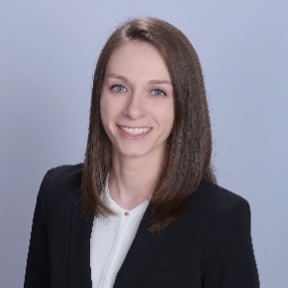
Hannah Bisoglio, OMS IV
A.T. Still University - Kirksville College of Osteopathic Medicine
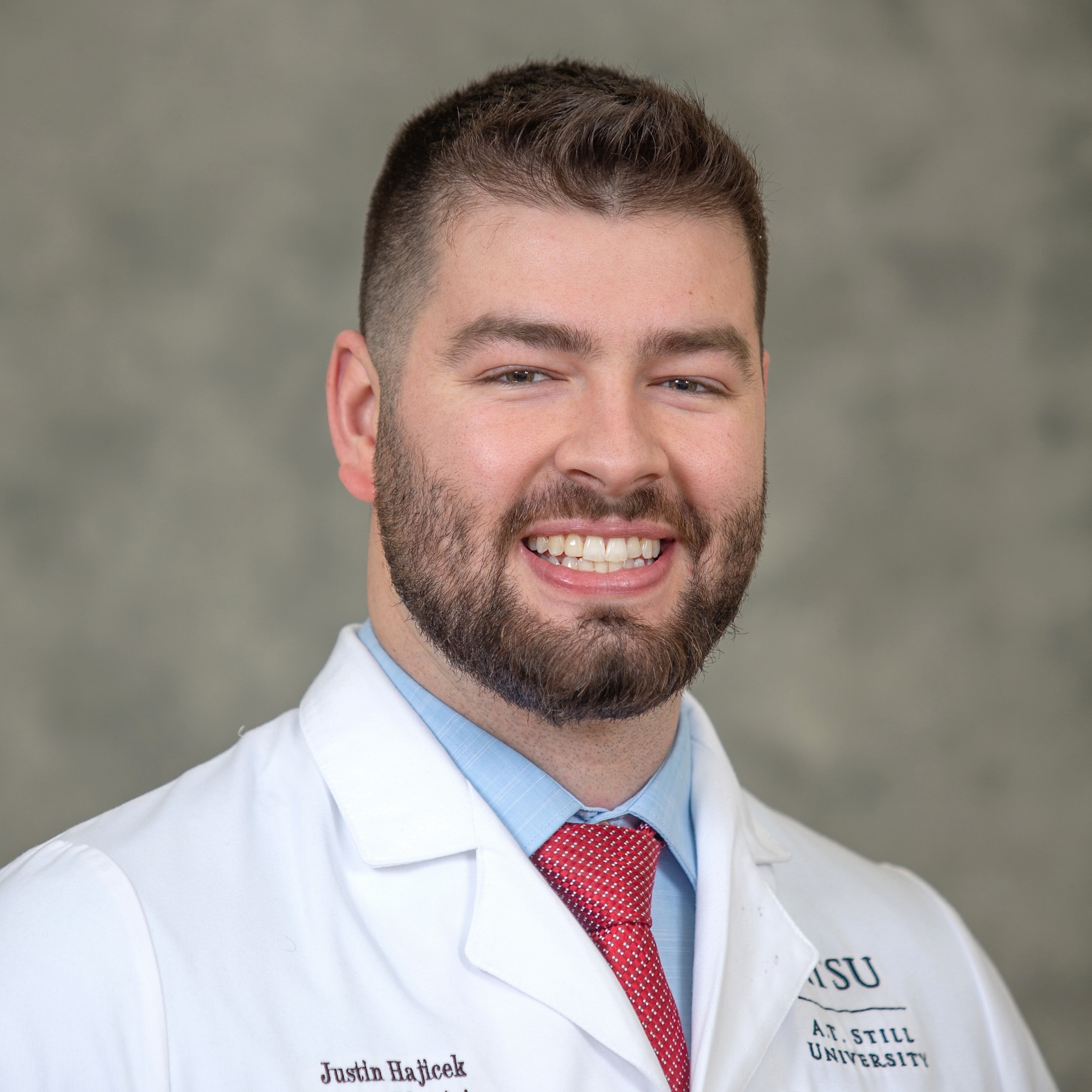
Justin Hajicek, OMS III
A.T. Still University - Kirksville College of Osteopathic Medicine
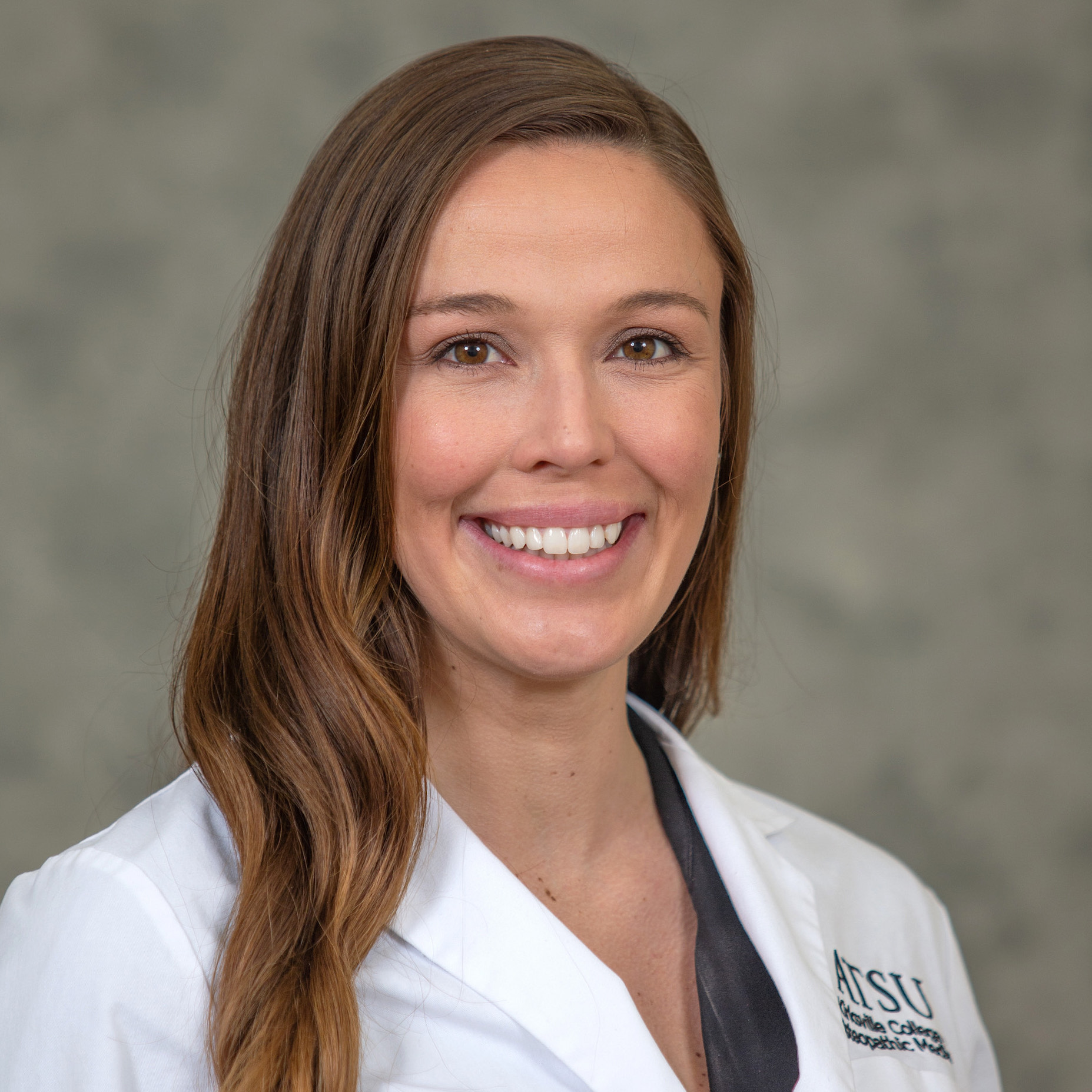
Nichelle Chastain, OMS IV
A.T. Still University - Kirksville College of Osteopathic Medicine
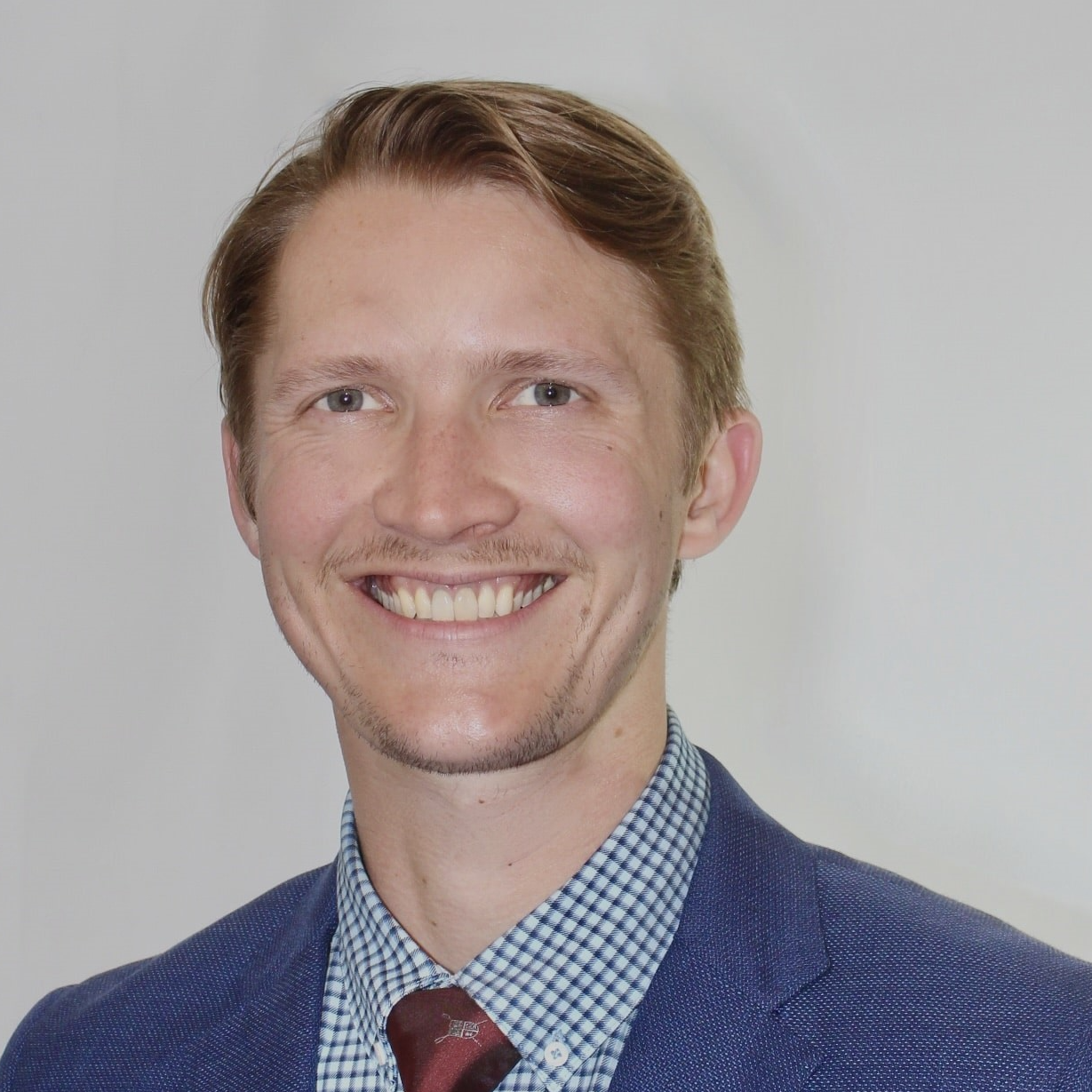
Stephen Markham, OMS III
Kansas City University - Kansas City
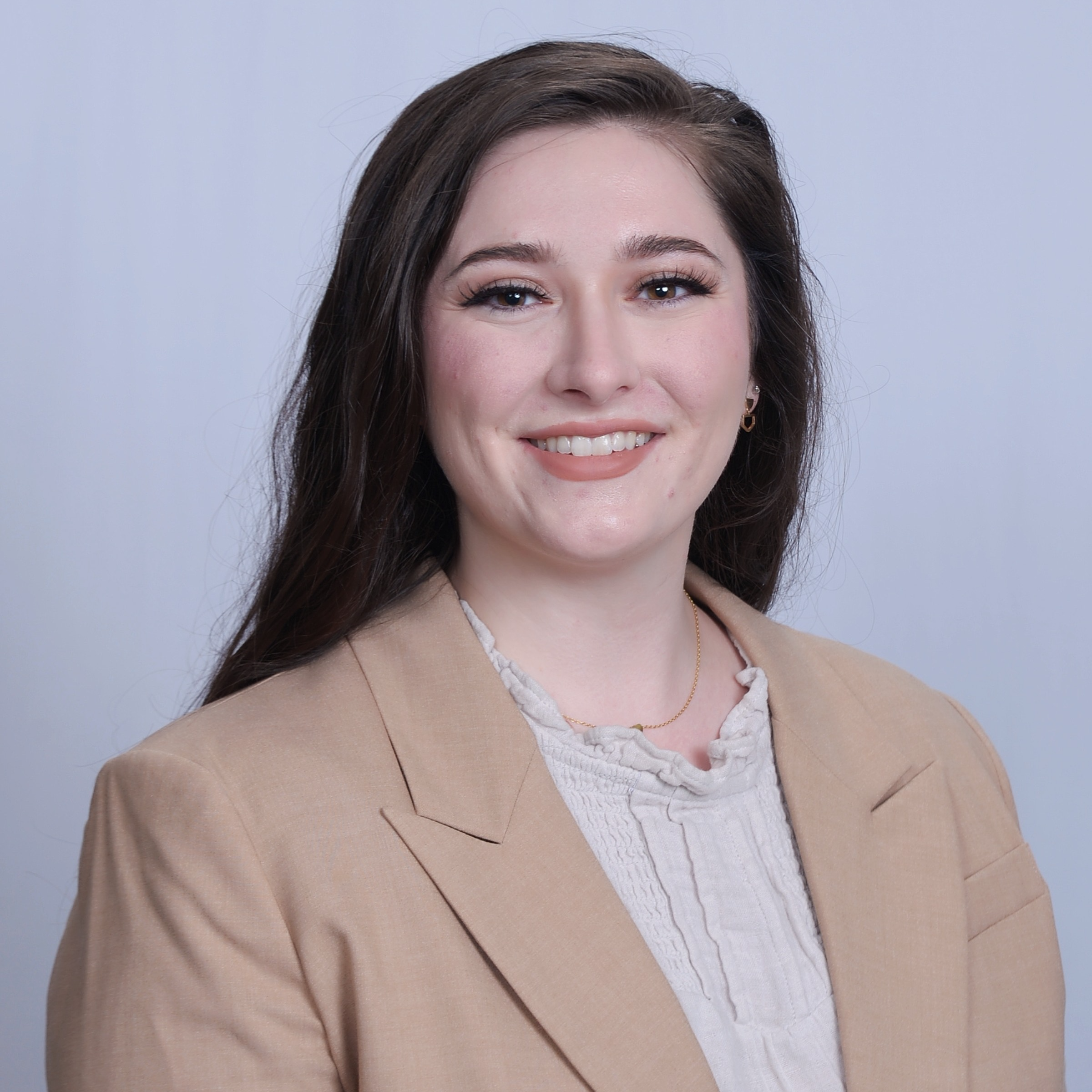
Tessa Tolen, DO
PGY-1, CoxHealth Family Medicine Residency
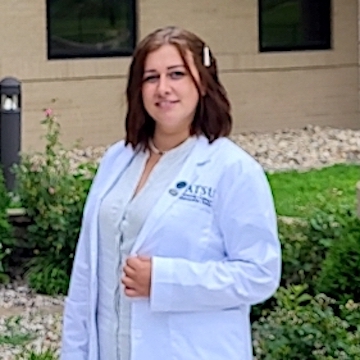
Sammy DeLuca, OMS II
A.T. Still University - Kirksville College of Osteopathic Medicine
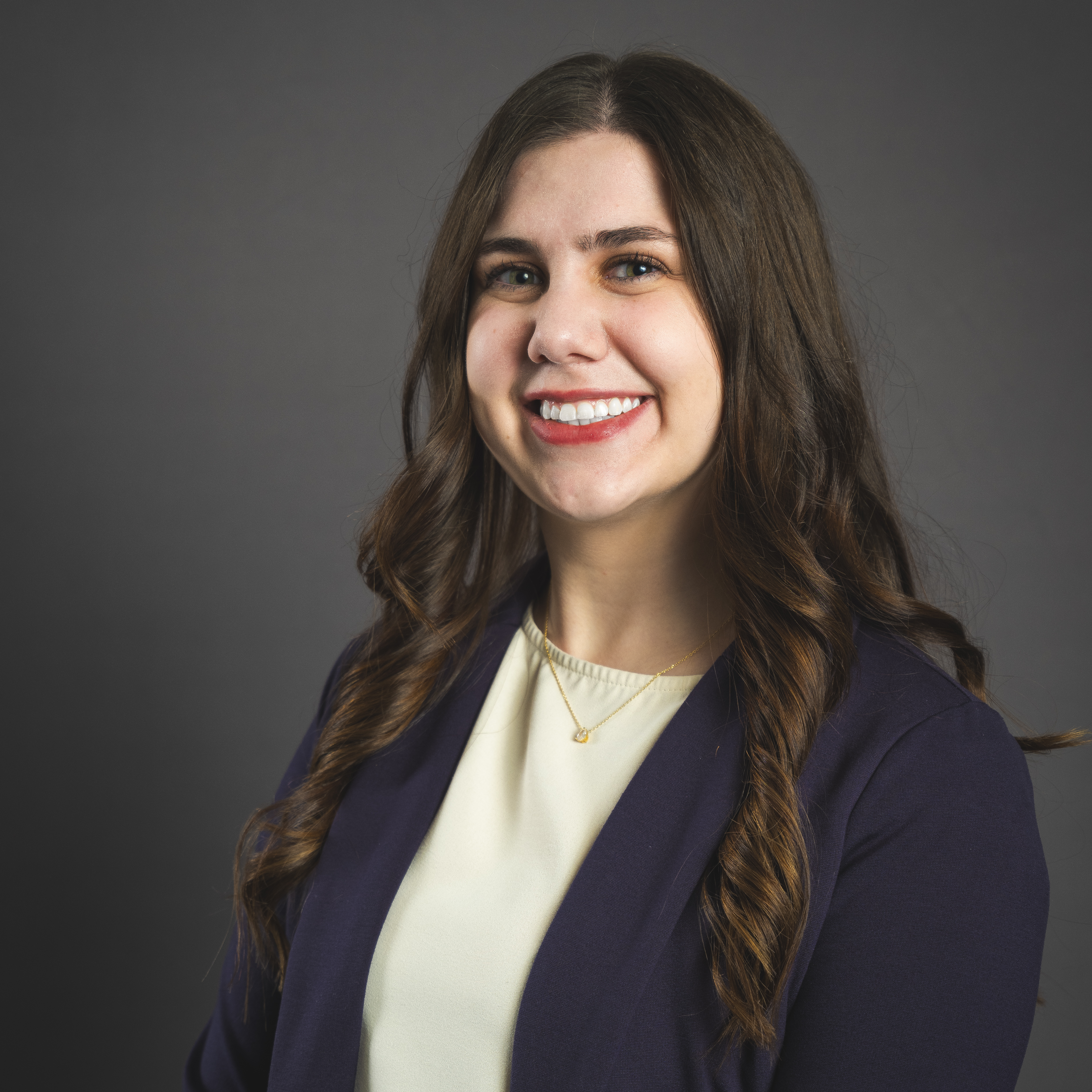
Hannah Newland, OMS III
OMM Fellow, Kansas City University - Joplin
What would you say was the most important lesson you learned preparing for and/or participating in Advocacy Day?
Sammy DeLuca: Preparing for Advocacy Day included reviewing various Senate bills, looking into what my representatives and senators had previously supported, and thinking through how supporting physicians and groups like MAOPS fit into their political narrative. It was a great practice of public speaking. What was surprising was that it also ended up being an opportunity to make lasting connections; I’m now emailing with Senator O’Laughlin’s office, who I learned actually went to school with my mother.
Stephen Markham: Many of the senators and representatives you meet with aren’t familiar with the issue you are coming to them about and are looking for you (their constituents) to show them why it is an issue and present your stance on it. It’s a 15-minute meeting where you drop as many high-yield points as you can starting from ground zero, but it’s a great opportunity to make your group’s interest known!
Hannah Bisoglio: I think it is most important to learn about power in numbers. On Advocacy Day physicians and medical students from across Missouri unify to show support or opposition for upcoming House and Senate bills. It may not be impressive when a few individuals attempt to advocate at the Capitol. Their cause is more likely to be dismissed. The more people who can present to display a force for their cause will grab attention of policymakers for the issue. On Advocacy Day, numerous physicians of Missouri, clad in white coats, educate government officials who listen to our messages after seeing our strength when we stand together.
What aspect of Advocacy Day did you enjoy the most and why?
Nichelle Chastain: The sense of community and shared purpose was what I enjoyed the most. I really enjoyed seeing the other students who made it to Advocacy Day this year. It’s great to make connections and see others working together toward a common goal. These relationships serve as sources of encouragement and inspiration and invaluable resources for future advocacy efforts. It reminded me that while our individual actions are important, it is through collaboration that we can truly make a lasting impact on the healthcare landscape.
Stephen Markham: Being able to sit face to face with your legislators in a small group session is a neat experience, and you get feedback questions from them as legislators that you may have not considered – such as the importance of knowing which sub-committees will be evaluating these bills and how they as representatives are best connected to those.
Justin Hajicek: One thing that I enjoyed about Physician Advocacy Day was the camaraderie. It was great to see classmates and physician mentors from other parts of the state and participate together. It was encouraging to be surrounded by individuals who also desire to advocate for patients and physicians across Missouri.
What did you find the most surprising about your visits with your legislators? Why?
Hannah Newland: How set their minds seemed to be. After speaking with our representative, he said he hadn’t considered voting no because of how close to nurses he was. It was disheartening to see that if we hadn’t spoken to him, he never would have known the full story.
Tessa Tolen: I am always shocked at the lack of knowledge that legislators have on medicine-adjacent bills and yet they are the ones that are voting on our behalf. Talking with legislators on prior authorizations and the amount of education differences between mid-level providers and physicians is like speaking another language that they rely on us to translate for them. Students and residents that attended Advocacy Day were also surprised by how little knowledge most of their representatives had on various bills that were on the floor, many times we had to explain what the bill was and also where it was status wise for voting. This is why it is of the utmost importance to bring bills to their attention.
Justin Hajicek: Legislators’ schedules are jam-packed! I was surprised at how many meetings each representative had with different groups seeking different objectives. Personally, I was impressed at how quickly they can switch gears. This really emphasized how important it is for physician advocates to be organized, communicate effectively, and be available for follow-up at a later time.
What advice would you give to students regarding their role in advocacy?
Sammy DeLuca: The worst anyone can say to your cause is ‘no,’ but the worst you can do is nothing.
Nichelle Chastain: I think many students feel that their voices aren’t heard and are intimidated by the complexities of politics. My biggest advice to students is to be present. Being present enables us to form connections and alliances with like-minded individuals who share our passion for advocacy. The physicians engaged in MAOPS are continually bringing students into the fold and preparing us for the broader world of medicine.
Hannah Bisoglio: As students, I think the best thing you do is to get involved in local advocacy groups that align with your beliefs and ideology. Even if you do not have a background in politics, you can still participate and learn through involvement. The Missouri Association of Osteopathic Physicians and Surgeons (MAOPS) offers the Wetzel Scholars program to students who apply and get accepted. This is a deeper way to be involved in the organization. General members are also welcome to join activities such as Physician Advocacy Day at the Missouri State Capitol, write/edit resolutions, and network at the Missouri Osteopathic Annual Convention. Make your voice heard by connecting!